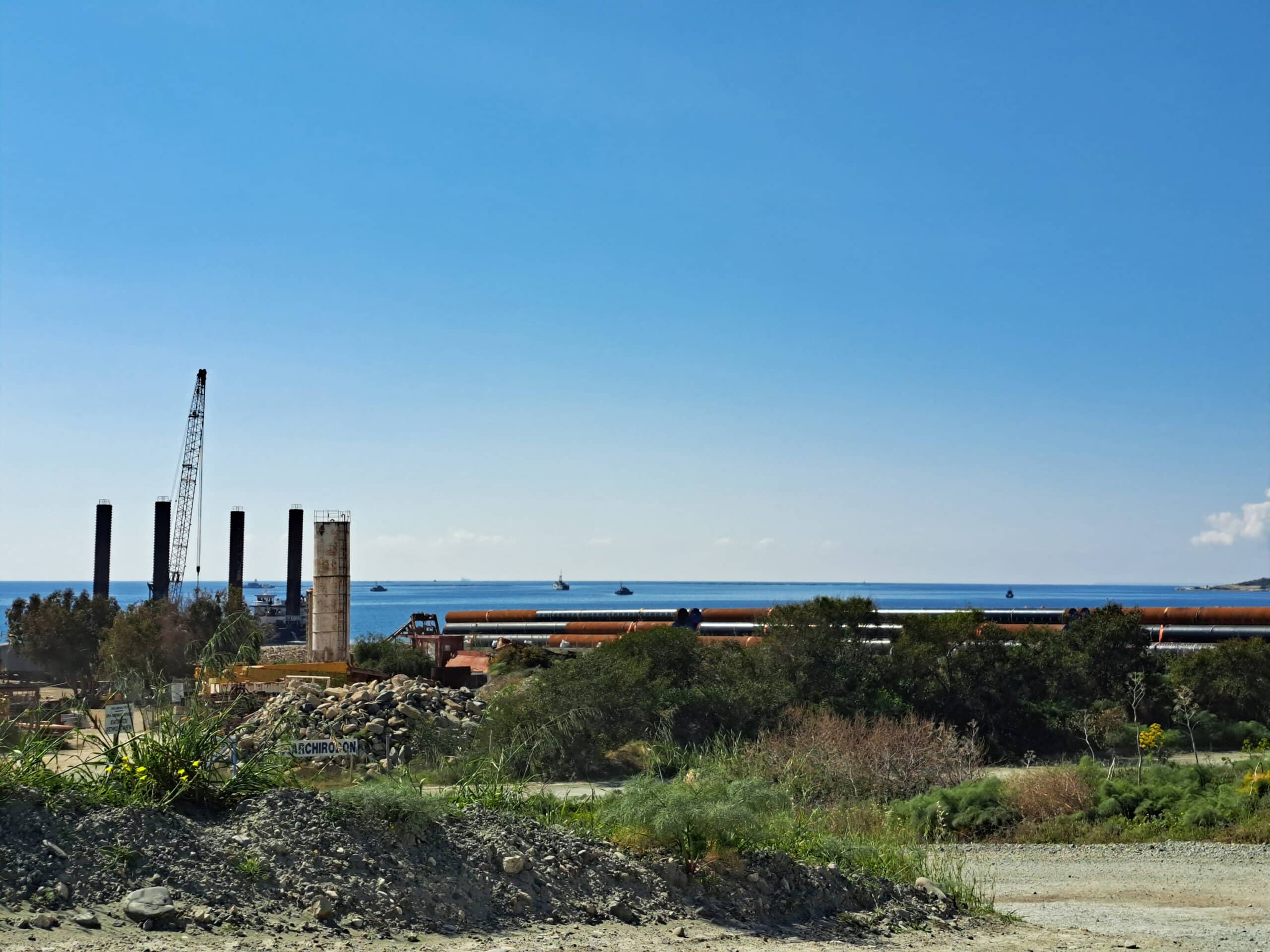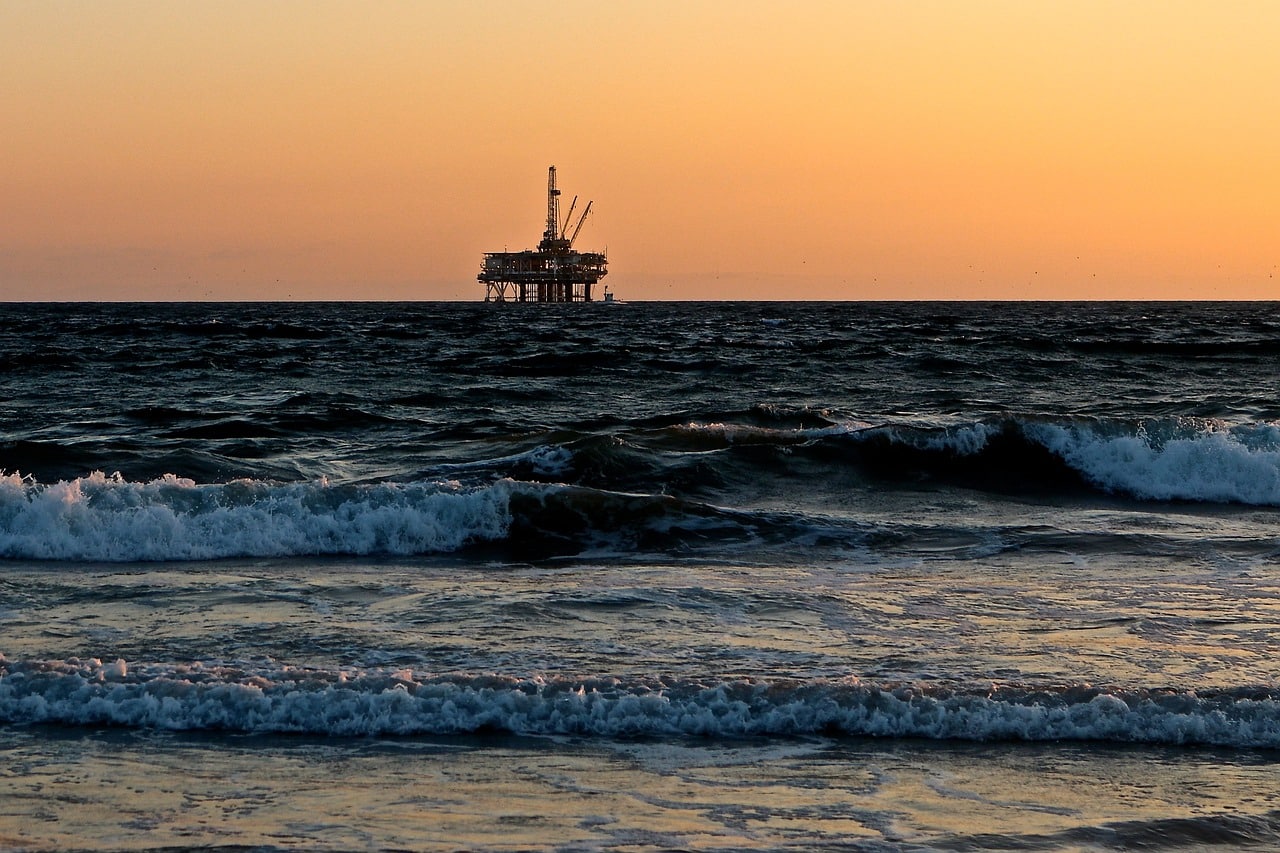This is the second time this year I feel compelled to write about the development of – or lack of – the Aphrodite gas field. This is the fifth attempt made by the field’s operator to develop the field since its discovery in 2011, but, according to NewMed, Cyprus response is that “it is not acceptable.”
This was preceded by the submission of a revised development plan that the government rejected last August because it departed substantially from the plans agreed in 2019 and was considered to be disadvantageous for Cyprus.
It is not for lack of trying. Opportunities to develop Aphrodite came and went away, missed.
The first attempt was made in 2012, when Noble Energy (now part of Chevron) and Delek (now NewMed), proposed to combine gas from Aphrodite and Israel’s Leviathan to be liquefied at an LNG plant at Vasilikos for export. Serious negotiations started based on detailed documents and contracts prepared by Noble Energy, but the change of government early 2013 led to a pause and inordinate delays. Disappointed with the delays, by August 2013 Delek changed plans regarding Leviathan gas. The attempt was eventually abandoned early 2014.
Noble Energy proposed mid-2013 to bring a spar-rig from the Gulf of Mexico to develop Aphrodite gas for domestic power generation. This was not taken up, with one of the stated reasons being that Aphrodite gas was reserved for the LNG plant – even though by then the idea of an LNG plant was waning due to the withdrawal of Leviathan gas. By December 2013 the offer lapsed.
In December 2013, having completed feasibility studies, Noble Energy management visited Cyprus to propose exports using marine compressed natural gas (CNG). They asked my opinion and I supported the proposal. But this was stopped before they met the President and another opportunity was missed.

The first attempt was made in 2012 when Noble Energy and Delek, proposed to combine gas from Aphrodite and Israel’s Leviathan to be liquefied at an LNG plant at Vasilikos for export
Unanswered questions
The latest rejection leaves many questions unanswered, leaving the future of Aphrodite uncertain. Given the importance of the decision, and its potential or implied ramifications, the lack of a statement by the President is puzzling.
Earlier, in April, the President said that discussions with Chevron on the exploitation of Aphrodite were going in the right direction.
In September last year, he met Chevron management on his own in New York, with the participation of Amos Hochstein, the Deputy Assistant to the US President. They agreed on the strategic importance of Aphrodite to both the government and the company, with the President referring to the readiness of the government for “constructive cooperation, to achieve our common goals.” Later, leaked articles to the press implied that the President “saved the day” with Chevron.
This was followed by another meeting with Chevron at the presidential palace early November, with the President saying “the meeting was fine” and “when there is something to announce we will do it.”
In early December, when visiting the US warship “USS Mount Whitney” at Larnaca, the President said that the presence of the Americans “demonstrates the fact that our relations are as high as ever before” and that “Chevron’s presence in the EEZ is a vote of confidence”.
Leaked news early December said that “it seems that an agreement has finally been reached between Cyprus and Chevron, resulting in the definitive opening of the way for the development and exploitation of Aphrodite,” adding that “in its letter, Chevron confirms the alignment of the parties in terms of the broader framework for exploiting the field.”
It was even claimed that the deal ended “protracted negotiations that stalled development of the field for years, and now clears the way for hydrocarbon extraction twelve years after the field was discovered.”
On receipt of Chevron’s revised plan in April, the minister of energy was positive, stating that the point of contention has been “overcome”, adding that “provided the next steps are agreed, the consortium is expected to proceed within 2024 in the preparation of the relevant FEED studies, with a completion horizon of 2025”.
Following all this positivity, the latest rejection of Chevron’s plan, accompanied by an ultimatum to proceed with the FEED studies within the next six months based on the 2019 plan, came as a shock.
The government appears to have decided to play hardball with Chevron, but does it have the will to go it to the end? And is this the right way to proceed?
Despite this, evidently, since the early May announcement the government has been trying to keep a low profile regarding the new conflict with the Aphrodite consortium. The minister of energy implied that there are no disagreements and that it is just a question of clarifications for which the consortium has been given six months to respond.
Positions
The point of contention is the 2019 development plan that includes a floating production unit (FPU) placed at Aphrodite, to be connected by a subsea pipeline to Egypt’s Idku LNG plant operated by Shell.
But since this was agreed a number of things happened that have moved the goalposts, at least according to Chevron, but not shared by the government.
First, we had the Covid-19 crisis that had a devastating impact on the global oil and gas industry. This was followed by the invasion of Ukraine by Russia that upended and realigned global oil and gas trading and flows.
In addition, since 2019 the global transition to clean energy has gained unprecedented momentum, with renewables now providing 30% of electricity globally, putting tremendous pressure on the future of oil and gas. The International Energy Agency has gone to the extent of stating that consumption of oil and gas will peak this decade and decline thereafter. This puts pressure on oil and gas companies expected to invest billions of dollars on new projects -much coming out of their pockets as banks become very reticent in supporting such projects- making final investment decisions that much more difficult.
On top of this, according to MEES, last year’s A3 appraisal indicated a 20 per cent decrease in Aphrodite’s gas-in-place, now estimated to be 3.5tcf.
The 2019 agreement allows for updating of the plan.
As I said before, Chevron is not likely to depart greatly from its position just to satisfy Cyprus. Its priority is high returns to justify any investment, even if this leads to delays.
I hope the two sides find some common ground and a compromise. Not reaching agreement is fraught with risks. Even though Cyprus’ energy minister has the right to terminate the contract, if he can demonstrate that Chevron and its partners have breached its provisions, in all likelihood the case would end up in courts and even in arbitration that would take years to settle, leaving Aphrodite undeveloped.
Dr Charles Ellinas, @CharlesEllinas
Senior Fellow
Global Energy Center
Atlantic Council






Click here to change your cookie preferences